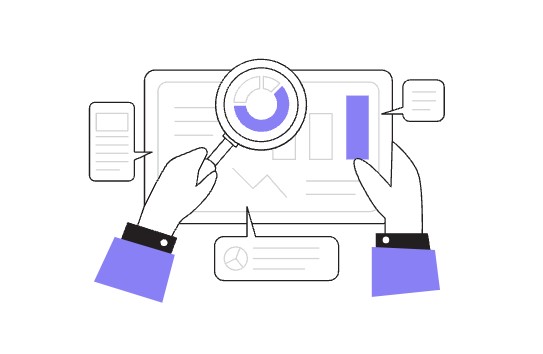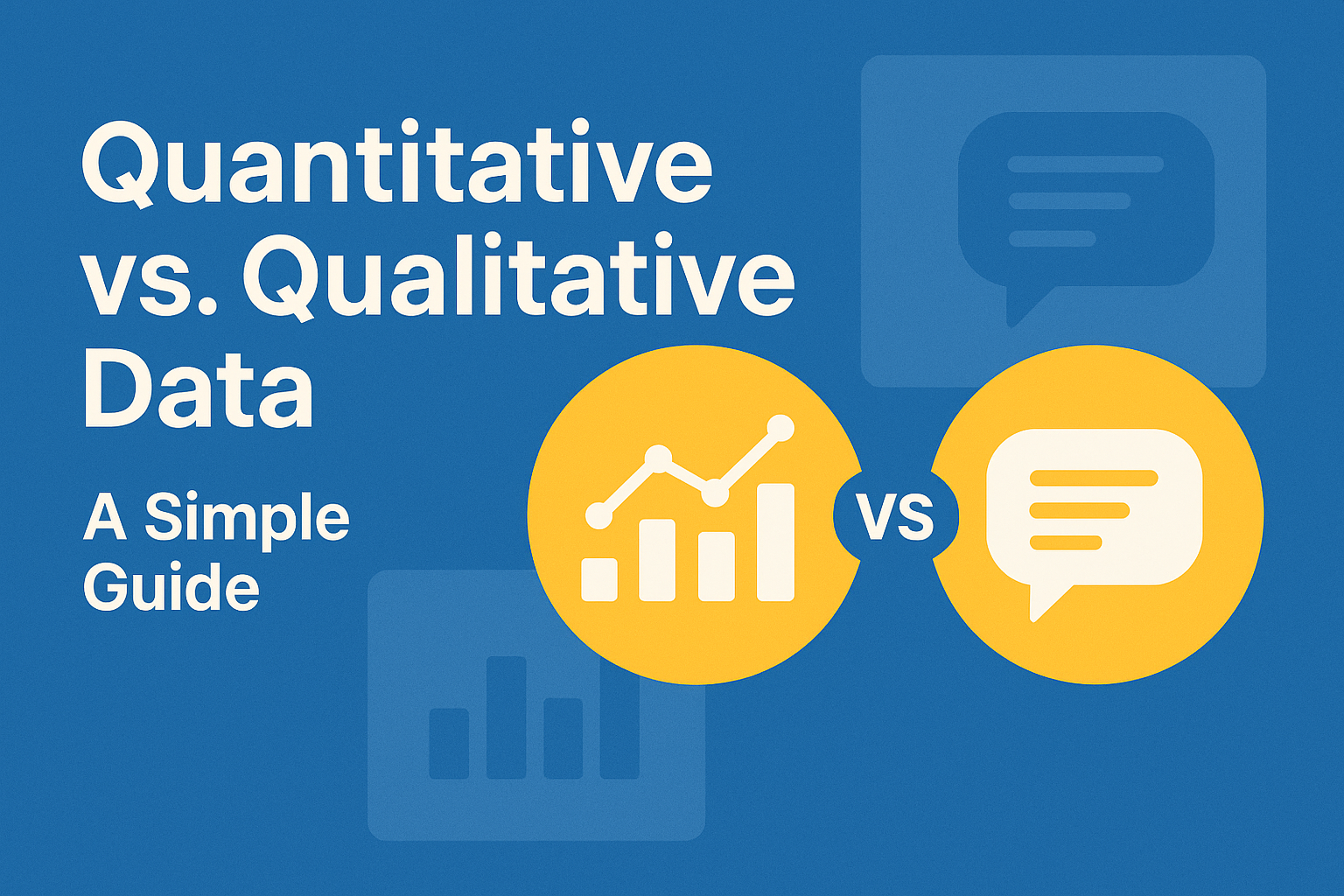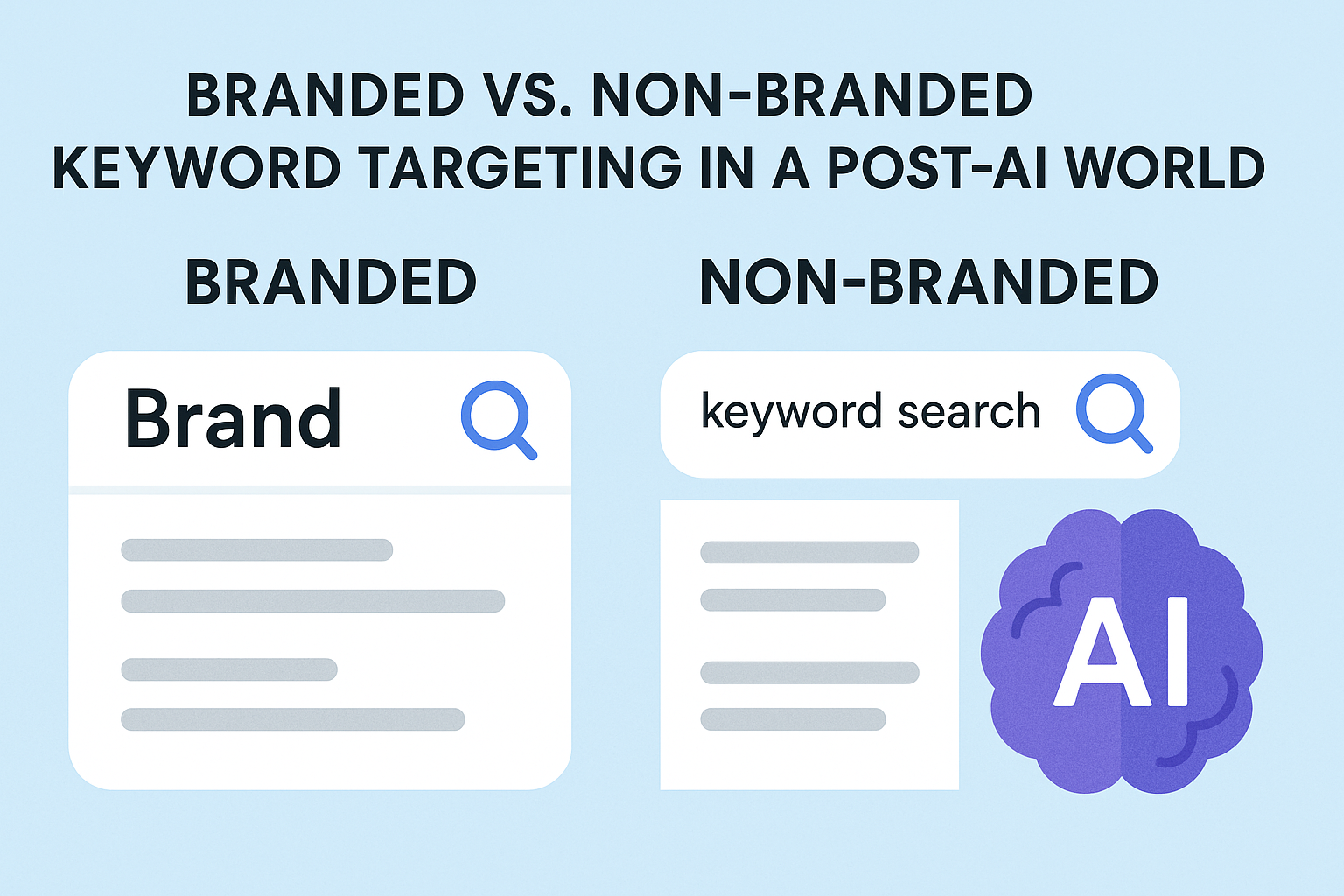
Plagiarized content is one of the hot topics among bloggers and content writers. It is more debated and less understood.
If you are a novice in this field, you may get confused about the opposing opinions on the internet. Do you want to know the harms of plagiarized content? Stick to this article to get useful insights.
Being a blogger, you may constantly search for the best techniques to rank your website on top SERPs. It needs a hands-on approach and a well-curated content optimization to be a big success.
You cannot materialize your success unless you build a strong foundation. Just as a skyscraper cannot withstand strong winds without a solid foundation, a website cannot rank steadily without unique content.
First of all, let’s start with the basic concepts to build a sound understanding.
What does Plagiarized content mean?
A content whether in the form of text, infographic, or an image, containing plagiarism is called plagiarized content.
Plagiarism can be defined as copying someone’s content without acknowledging their authorship.
There are different types of plagiarism but two are the most common.
Sometimes you forget to quote the copied text or simply create similar text unknowingly. This is called intentional plagiarism.
Whether you do it knowingly or unintentionally, you are committing an unethical act. In some cases, it is an offense and comes under copyrights infringement.
Plagiarism is considered a global phenomenon whether in all forms of writing. It has crept into academics as well as the web.
You may be baffled to know that one-third of the web is duplicate as described by Matt Cutts.
Being a problem of such a large magnitude it has pervasive effects on your website.
How plagiarized content is harmful?
There are almost 1.88 billion websites on the internet and the number is continuously growing. Have you ever wondered why some websites remain top-ranked and others rank much lower that they simply do not exist?
The one thing that is at the helm of any ranked website is plagiarism-free content. Let’s dee how it is harmful to your website.
It hurts SEO:
SEO is the backbone of every content strategy. It is what makes your content scalable to perform on SERPs. Having a poor SEO strategy means your content is not good enough to be shown to the readers.
Several factors affect your website’s SEO out of which plagiarized content is the most important one. First, it affects the ranking as Google can’t discriminate similar content on the internet. It collects all duplicate content and chooses the best one out of it.
Now probability is that your content simply gets ignored because you have copied it from another source without adding anything of your own.
Moreover, Google reserves the right to penalize your website if you are plagiarizing in a manipulative way.
Affects your marketing:
Content marketing revolves around unique content. A good readership helps you sustain yourself in the continuously changing online environment.
The readers abhor the content that does not invoke interest. If people are coming to your website, they definitely need something valuable.
Naturally, they tend to leave your website because the content is of no use. Moreover, they may have read the content already on some other website.
Marketing also helps you attract new customers but if your content is boring or does not fulfill the demands of the audience, they gradually leave your website.
They consider your content as a hoax, therefore you may lose your trusted readers. Depleting readership means fewer people visit your website that in turn leads to your downfall.
What are the benefits of creating unique content?
Unique content is the antidote to your plagiarism-related ills. It has numerous advantages some of which are given below.
Content of your own removes fear of duplicate content and brings confidence in your writing. Moreover, it also helps you become an authority in your work and provides to your customers.
Original content is also good for your website’s SEO because it is naturally well-researched. Hence, you can get quality backlinks because people will refer to your content.
Tips for plagiarism-free writing.
1. Write the content of your own:
A matchless content puts a lasting impact on the readers and increases blogs traffic. You can get rid of plagiarism by writing the content yourself instead of copying. It takes time and effort but it is not a very difficult task.
You can create content of your own by reading well. That’s why it is said that a good reader is a good writer.
Most successful bloggers are voracious readers. They can produce some good pieces of content through the accumulated knowledge they have.
You can create such content by researching deeply and providing unknown facts and figures. These things add credibility to your content and help you outperform your competitors.
2. Use manual paraphrasing:
After you checked your content by a plagiarism checker and found out that it contained plagiarism. You can easily remove it by paraphrasing technique.
It is a linguistic technique that helps you reword your whole text and converts it into a different one. It contains substituting new synonyms and changing sentence structure.
But there is an issue. Paraphrasing manually can be a hectic task because it takes a lot of time if you do not possess excellent language skills.
3. Use a paraphrasing tool:
Manual paraphrasing is difficult when you have to write content in bulk. To come up with a solution different vendors provide paraphrasing services on the internet.
Some tools are free to use but others are paid. You can check out these tools on the internet.
Paraphrasing tools relieve you from any difficulty as they paraphrase in seconds and provide accurate results.
4. Cite any copied text:
You can add citations to give the contribution to the original writer. In this way, you can remove plagiarism from your content.
Citing the sources of the copied text also gives readers the notion that the content is well-researched. You can use different citations methods like APA, MLA, Chicago, and others. Linking to the sources may also help to increase the domain authority of your website.
5. Quoting someone’s content:
Sometimes while researching you find some lines you think might be good to write as it is in your content. You can quote such sentences and add links where necessary.
This copied content helps you elaborate your stance on any topic. They can be any facts or figures that qualify your reasoning.
So, you should quote such content properly to enhance your text and to remove plagiarized content.
Wrapping it up:
Plagiarism is the Achilles heel of any kind of writing for the internet. It is very objectionable and should be discouraged because it deeply ruins your content and harms your ranking.
Apply the above-mentioned tips to get away with plagiarized content easily.

The Search Engine Cage team is on a mission to educate entrepreneurs. We make things easier for the small business owner, by writing articles that help them to understand SEO and Digital Marketing.







